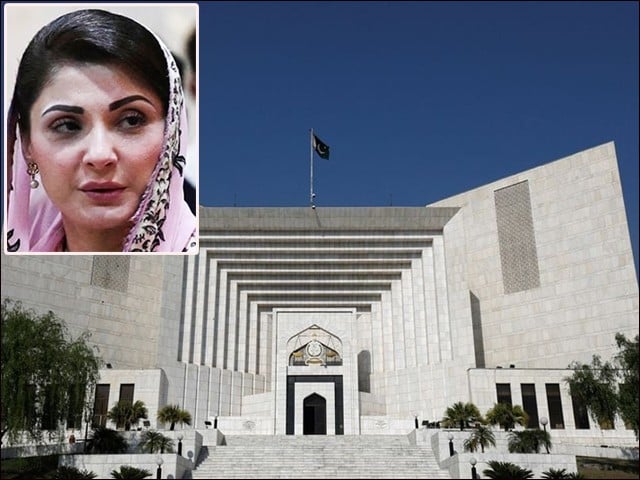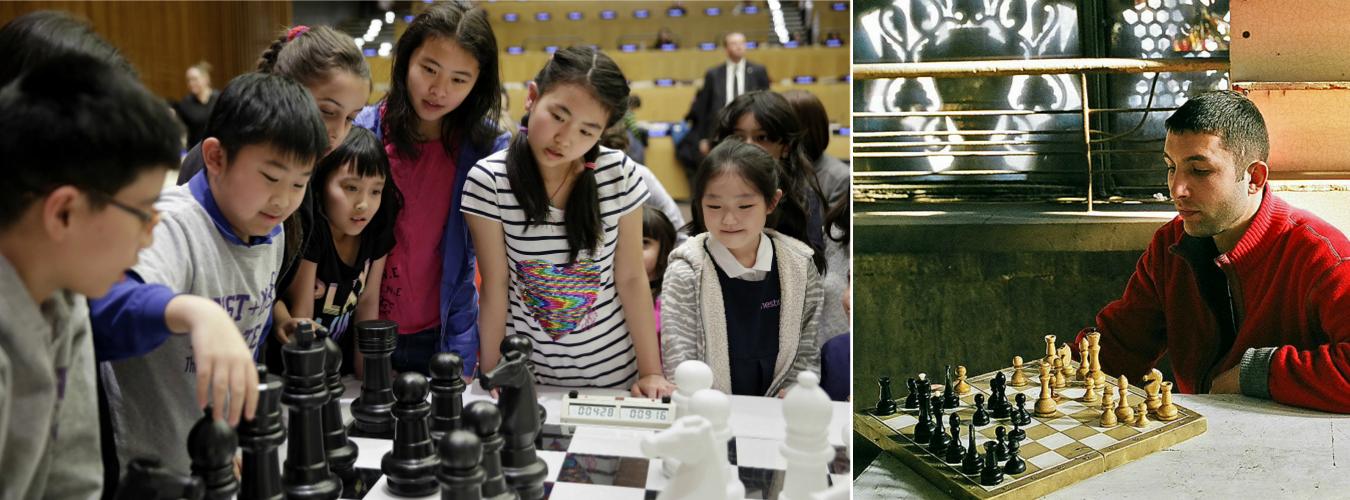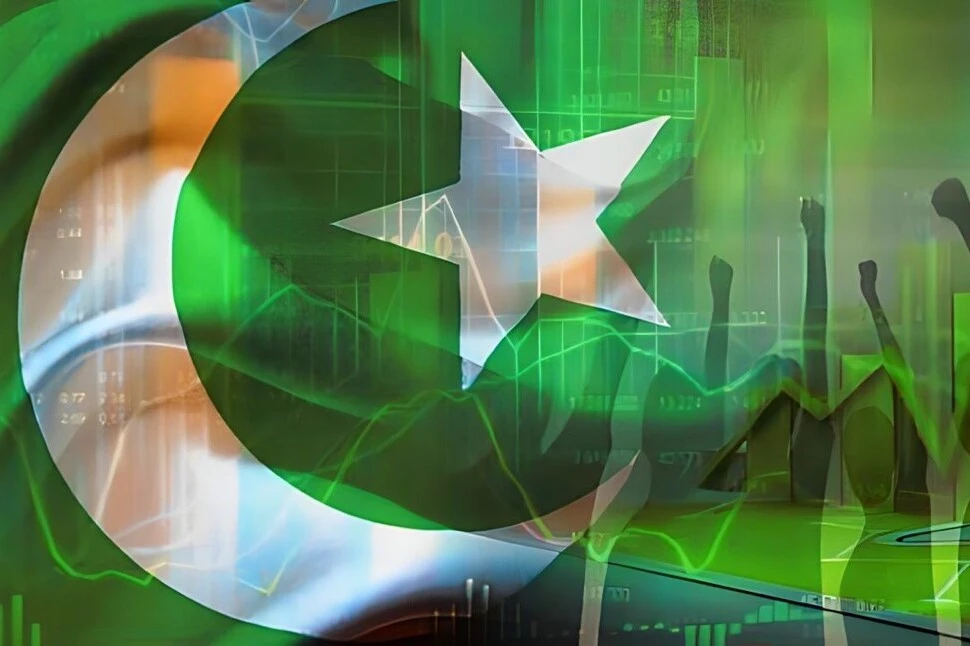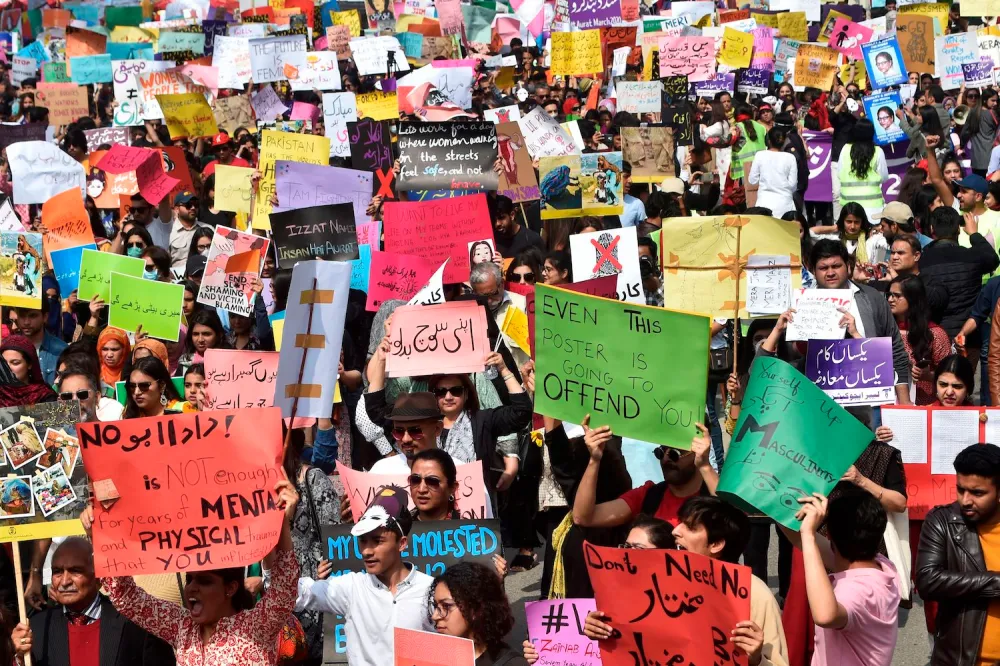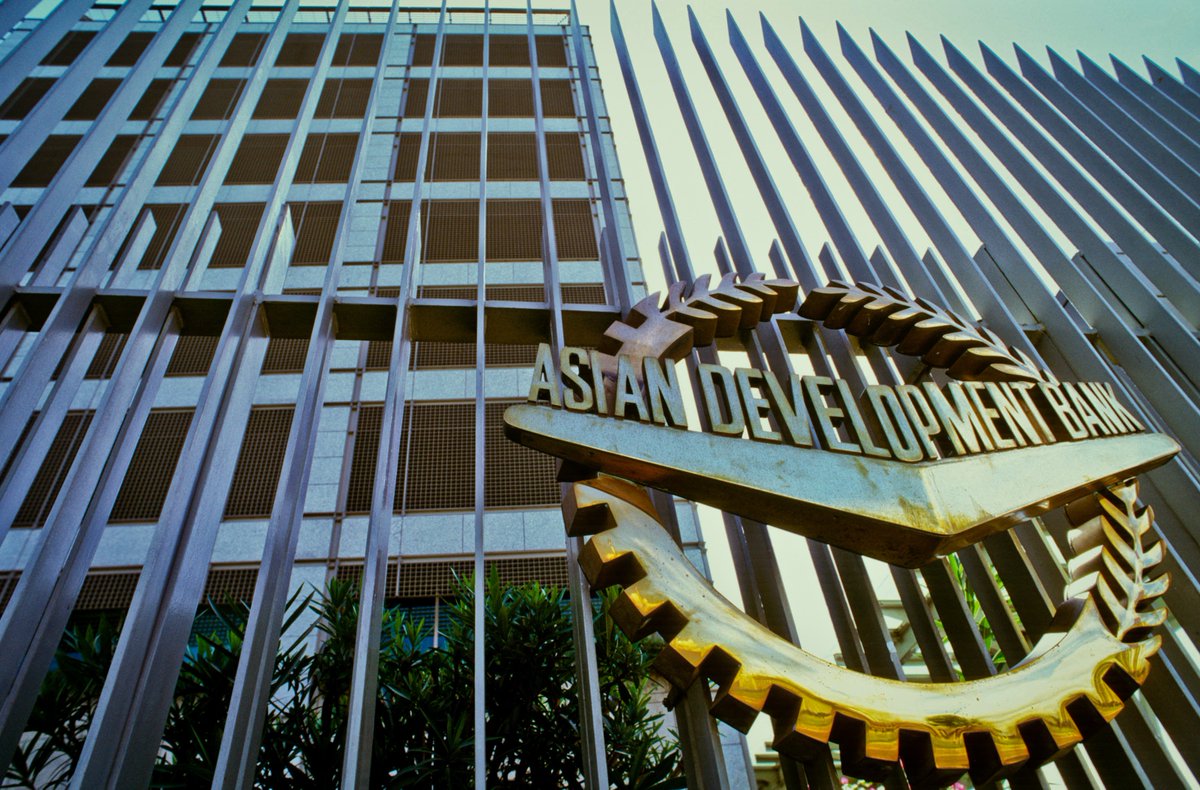Written by: Shazia Masood Khan
Political values are the foundation of any society, guiding its political discourse, shaping its institutions, and influencing the decisions that shape its future. They represent the fundamental principles and beliefs that underpin a system of governance, reflecting the collective ideals and aspirations of its citizens. These values serve as a compass, guiding political action and providing a framework for evaluating the legitimacy and effectiveness of the political system.
Important political values:
There are a number of political values, each with its own significance. However, some core values transcend specific political ideologies and stand as pillars of a just society. These theories are as follows:
Liberty: The fundamental right to self-determination, the ability to live one’s life without undue restrictions, and freedom of expression, assembly and association.
Equality: Recognition of the equal value and dignity of all individuals, regardless of background, beliefs, or circumstances. This includes equal opportunity, equal treatment under the law, and non-discrimination.
Justice: Achieving fairness, impartiality, and respect for rights. This includes ensuring that justice is done to individuals and that those who violate the law are held accountable.
Democracy: A system of government in which power is vested in the people, exercised through elections and representative institutions. It emphasizes citizen participation, transparency and accountability.
Human Rights: The inherent rights and freedoms that belong to every person, regardless of nationality, race, religion, sex or other status. These rights include fundamental protections such as the right to life, liberty, and security of person.
Don’t forget to Subscribe our Youtube Channel & Press Bell Icon.
Dangers of personal politics:
The personalization of politics, the tendency to focus on individual personalities rather than fundamental issues and values, is a significant threat to the moral, democratic and political foundations of governance. When politics becomes a spectacle of personalities rather than a forum for debate on ideas and policies, it undermines the very essence of democratic discourse and erodes public trust in institutions.
Fall of moral values:
The personalization of politics often leads to a de-emphasis on moral values and ethical behavior. Politicians may prioritize personal gain and self-promotion over maintaining ethical standards, promoting a culture of corruption and nepotism. This erosion of moral values undermines the integrity of governance and creates an atmosphere of distrust among citizens.
Violation of democratic principles:
When political discourse revolves around personalities rather than fundamental issues, it weakens the pillars of democracy. The focus shifts from informed debate and policy formulation to personal attacks and character assassination, which lowers the quality of political decision-making and hinders the achievement of common goals.
Threats to political stability:
Personalizing politics can also threaten political stability. When political figures cultivate personal loyalties and rivalries, it leads to factionalism, division and even violence. This erosion of political cohesion weakens the foundations of governance and can lead societies to disintegration.
Protection of political values:
To preserve the ethical, democratic and political values of governance, it is vital to refocus the political discourse on core issues and principles. Citizens must demand that their elected representatives have meaningful conversations about policies, programs, and the future of society. The media must play an important role in holding politicians accountable, scrutinizing their actions and highlighting the impact of their decisions on the lives of citizens.
Political values are the lifeblood of a just and justice oriented society. By upholding these values, we can foster a system of governance that serves the common good, promotes the well-being of our citizens, and secures a brighter future for future generations.








































